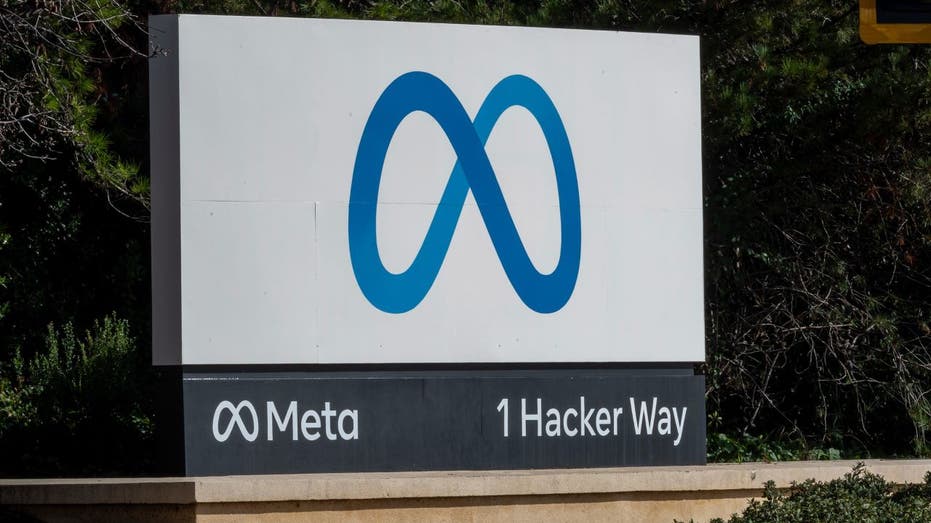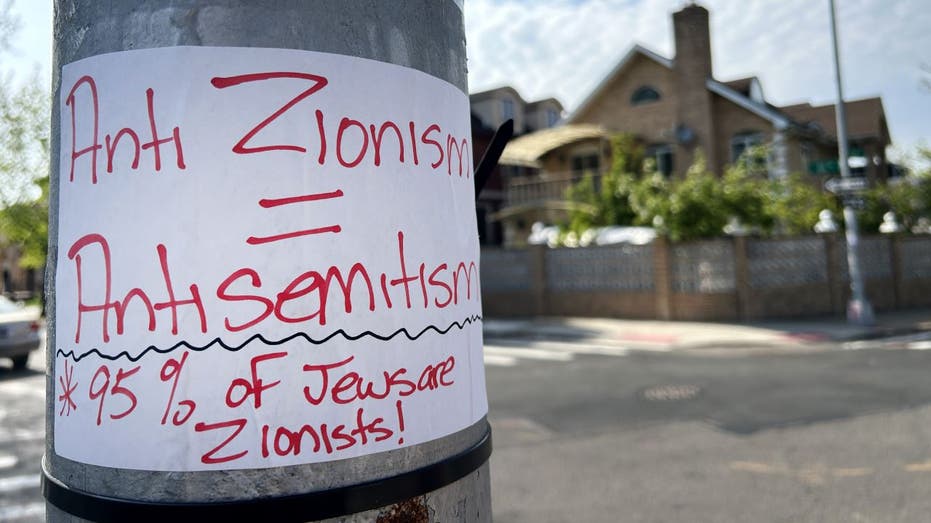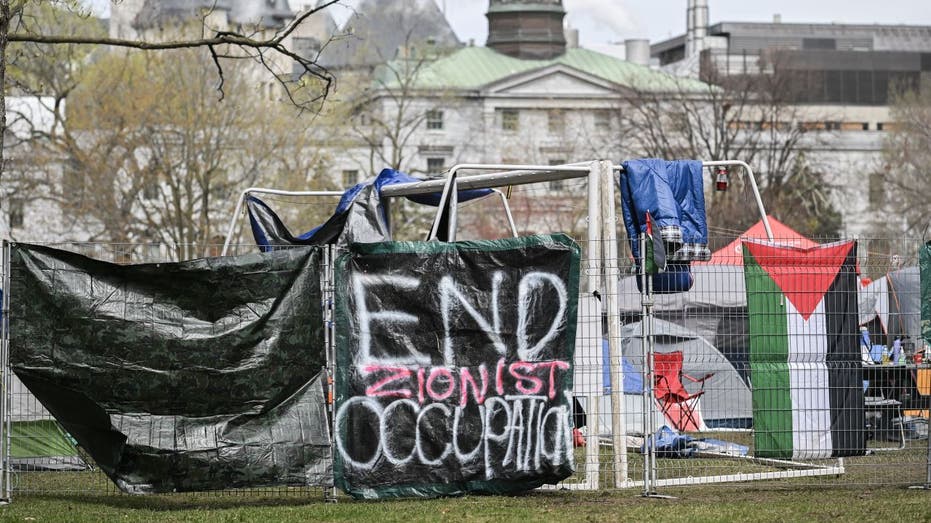Meta to remove more posts targeting 'Zionists' after updating hate speech policy
Prior to the latest change, Meta only removed posts targeting "Zionists" under narrow circumstances
There is an ‘unprecedented’ increase in antisemitism at home: Rep. Cory Mills
Rep. Cory Mills, R-Fla., discusses how Spain, Norway and Ireland are set to recognize the Palestinian state on ‘The Evening Edit.’
Meta announced Tuesday that it updated its hate speech policy such that it will remove more posts targeting "Zionists" after a review found the term often appears in speech that dehumanizes Jews and Israelis, calls for their harm or denies their existence.
The parent company of Facebook and Instagram explained the change in a post on its Transparency Center blog, noting that the move comes after it has reviewed the term "Zionist" on other occasions in recent years before it was examined in Meta's Policy Forum in March. Meta said that, "The word 'Zionist' has layers of meaning based on its origins and usage today, and may also be highly dependent on context."
"This term often refers to supporters of a political movement, which is not itself a protected characteristic under our policies, but in some cases may be used as a proxy to refer to Jewish or Israeli people, which are protected characteristics under our Hate Speech policy," Meta explained.
"We recognize there is nothing approaching a global consensus on what people mean when they use the term 'Zionist.' However, based on our research, engagement, and on-platform investigation into its use as a proxy term for Jewish people and Israelis in relation to certain types of hateful attacks, we will now remove content that targets 'Zionists' with dehumanizing comparisons, calls for harm, or denials of existence on the basis that 'Zionist' in those instances often appears to be a proxy for Jewish or Israeli people," Meta wrote.
ROBERT KRAFT GIVES $1M TO YESHIVA UNIVERSITY

Meta announced an update to its hate speech policy that will see more posts targeting Zionists removed from its platforms, including Facebook, Instagram and Threads. (David Paul Morris/Bloomberg via Getty Images / Getty Images)
The company said that in the past, Meta would remove posts referring to "Zionists" under the hate speech policy in "two narrow circumstances: (1) where Zionists are compared to rats, reflecting known antisemitic imagery, and (2) where context makes clear that 'Zionist' means 'Jew' or 'Israeli.'"
| Ticker | Security | Last | Change | Change % |
|---|---|---|---|---|
| META | META PLATFORMS INC. | 661.46 | -8.75 | -1.31% |
While it will continue to remove such posts under the hate speech policy, the new broader application of hate speech rules to the term "Zionist" will result in the removal of posts that aren't explicitly about the Zionist political movement and use antisemitic stereotypes or threaten other types of harm through intimidation or violence directed at Jews or Israelis "under the guise of attacking Zionists."
COLLEGES HIT WITH LAWSUITS OVER HANDLING OF ANTI-ISRAEL CAMPUS PROTESTS

Anti-Zionist rhetoric is often used in antisemitic attacks on Jews and Israelis, which prompted Meta to update its (Lindsey Nicholson/UCG/Universal Images Group via Getty Images / Getty Images)
Meta provided examples of the ways in which posts referring to Zionists would be violations of the updated hate speech policy, including:
- Claims about running the world or controlling the media;
- Dehumanizing comparisons, such as comparisons to pigs, filth, or vermin;
- Calls for physical harm;
- Denials of existence;
- Mocking for having a disease.
The company noted that repeat violations of the community standards on Meta platforms "may result in suspension or removal of the account posting the violations."
PALANTIR CEO: COLLEGE PROTESTS ARE 'FULL-ON REGRESSION FROM BELOW OUR CONSTITUTION'

The war in the Middle East sparked by Hamas' attack on Israel spurred a wave of protests that included anti-Zionist rhetoric, such as this sign at McGill University in Montreal. (GRAHAM HUGHES/AFP via Getty Images / Getty Images)
One issue related to the use of the term "Zionist" that Meta noted is still under review is comparisons between Zionists and criminals.
The company's review found that in some instances, references to groups with protected characteristics as criminals are "shorthand to refer to governments, soldiers, or other specific groups."
GET FOX BUSINESS ON THE GO BY CLICKING HERE
The company referred a group of cases with such criminal comparisons to its independent oversight board, which will provide the company's policy arm with guidance on how to treat such references under the hate speech policy.




















